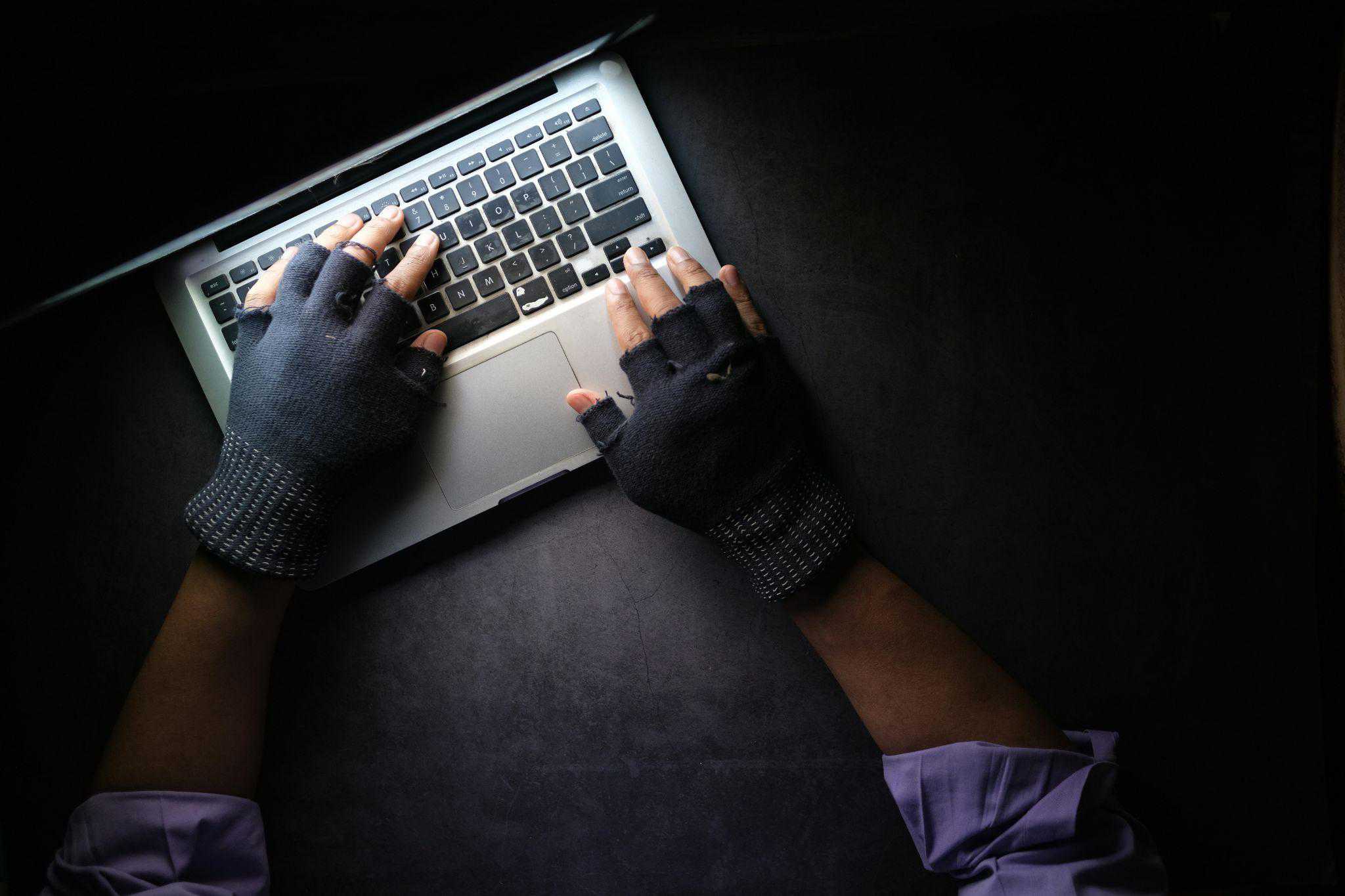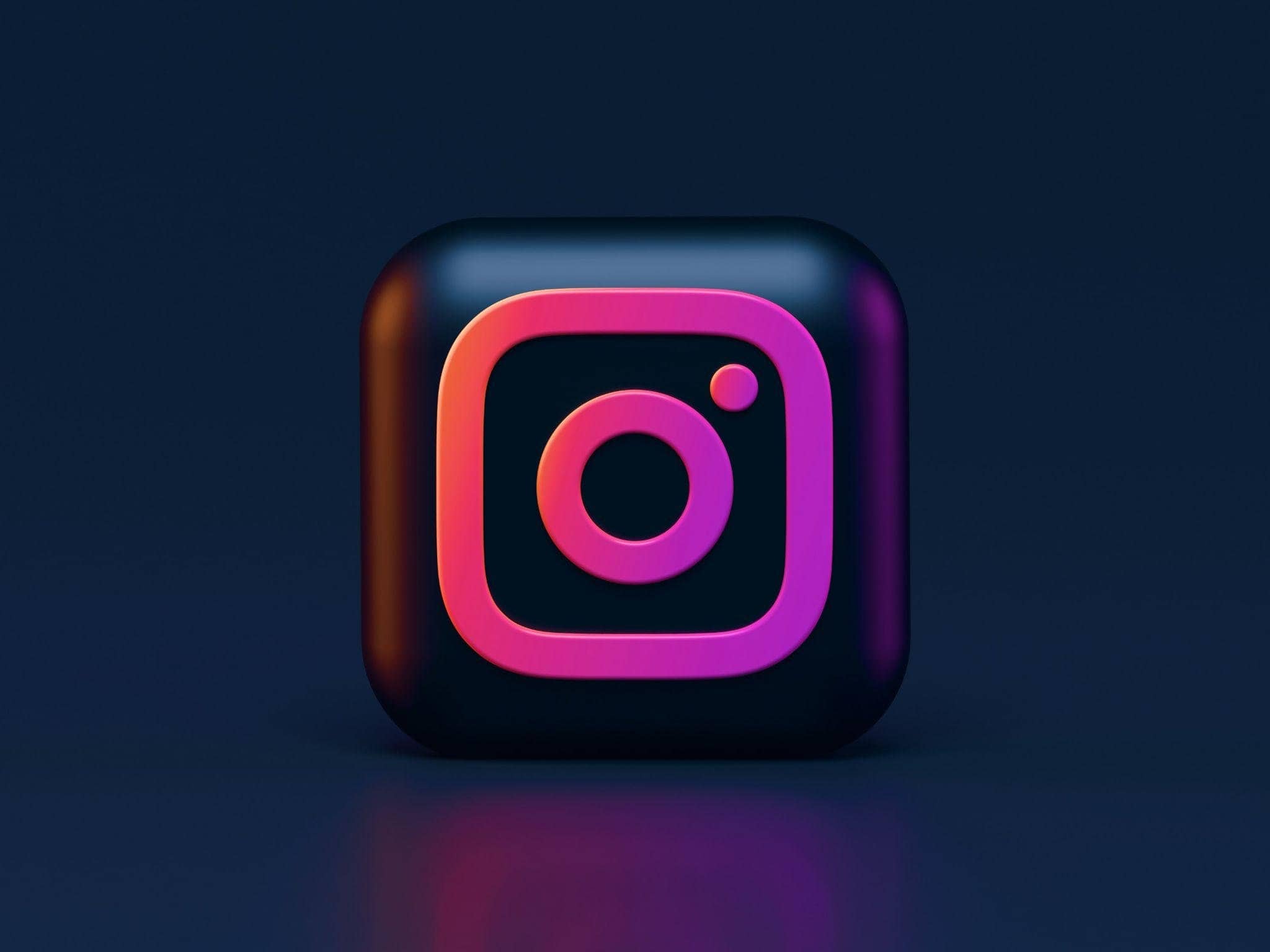They say it’s impossible to have a totally original idea, but that excuse only goes so far. Whether social media plagiarism is intentional or not, it stands to damage your brand’s reputation and may even land you in hot water.
Committing plagiarism can be especially dangerous for new businesses, which may not have the resources to withstand the consequences. This guide is designed to help new businesses in avoiding social media plagiarism, particularly as relates to social media content.
What is social media plagiarism?
Plagiarism is something we normally understand in an academic or creative writing context. It’s the act of copying or stealing someone else’s work and claiming it as your own. Of course, social media is built around things like memes, content sharing, and reaction videos, which can blur the lines in terms of originality.
It’s even more important to be careful when it comes to AI-generated content because of how large language models work. Generated content needs to be regularly reviewed to make sure none of it is directly recreated from other sources.
Examples of social media plagiarism include:
- Reposting content without proper attribution.
- Removing watermarks or bylines from reposted content.
- Using copyrighted images, videos, or audio without permission from the owner.
- Illegal file sharing.
- Copying someone else’s written content or paraphrasing too closely.
Even posting an edited or altered version of someone else’s work can still count as plagiarism. When it comes to social media plagiarism, however, these things become harder to parse due to things like memes, which are entirely based on sharing and copying. In these cases, it becomes much harder to ascertain who originally created something.
The consequences of plagiarizing online

Source: Free image from Unsplash
For businesses with any sort of online presence, avoiding plagiarism is an essential marketing compliance obligation. Despite the sheer volume of content getting published online on a daily basis, there are still plagiarism detection systems in place. That’s why it’s vital to understand the potential consequences.
Even if you don’t end up straying into a copyright law violation, you can still run afoul of the algorithms deciding which content to prioritize and promote. Not to mention the court of public opinion.
SEO ranking
Search engine optimization (SEO) is a major cornerstone for social media marketing and any online content in general. Search engine companies have algorithms which rank search results for all kinds of keywords, but keyword density and consistency aren’t the only factors. Web pages can be deranked or delisted for all kinds of reasons.
Say, for example, that a search engine algorithm noted two pages with the same written article. The algorithm would push one or both articles down in the rankings. As such, plagiarized social media content will inevitably suffer in terms of reach and visibility.
It’s not just your plagiarized content that stands to suffer, either. If your domain becomes known for copying content, it can be blacklisted by SEO ranking algorithms.
Plagiarism versus copyright infringement
While plagiarism and copyright infringement are distinct from one another, social media plagiarism may be considered a form of copyright infringement. This is because it often takes the form of distributing or hosting copyrighted material without permission.
Unlike plagiarism, copyright infringement carries more clearly defined legal consequences. These can include hefty fines, or even prison time.
Reputational damage

Source: Free image from Unsplash
When it comes to plagiarism, the hardest consequence to shake is the damage to how people perceive your business. Brand reputation management is difficult enough without being known as a content thief.
Social media plagiarism is a hard reputation to shake. While some people might not care, many online users are conscientious when it comes to reposting content without proper attribution.
Of course, user relations are only one side of the coin. A reputation for plagiarism also stands to harm your relationships with other businesses and professionals. Businesses don’t want to partner with organizations known for poaching content. Similarly, influencers you approach to represent your brand may turn you down for being seen as shady.
How to avoid committing social media plagiarism
From direct posts and videos to other outreach channels like Facebook dynamic ads, you need to strive for originality in social media marketing. We’ve established the potential fallout plagiarism can have for your brand.
Now, let’s look at the important measures for sidestepping social media plagiarism.
Proper attribution
With the sheer volume of reposted, filtered, or reviewed content online, you’d be forgiven for thinking you can use whatever you want. But there actually is rhyme and reason to the madness.
When done properly, you’ll notice that reposted online content includes some form of attribution or backlinking. This includes core in-built features for sites like Facebook, X, and other social media platforms
However, content isn’t always easily shareable through the usual means. A post or profile might have privacy settings active, or you might be reposting an image or video from outside the sphere of social media. In these cases, your attribution obligations don’t disappear.
At a minimum, you need to acknowledge the original author. Ideally, you should also backlink to their website or social media.
Take inspiration

Source: Free image from Unsplash
Reposting content isn’t your only option. If you see a premise you like, there’s nothing stopping you using it as the basis for your own content, which you create from the ground up. Plenty of brands and influencers copy each other, and even create huge trends. Content trends like reaction videos and listicles all started somewhere, but who can say who even started them?
On top of that, there are countless themes and topics you might find others posting about. Say you run a tech blog, and you see an article exploring the question, “what is ETL?”. Rather than commit plagiarism, you can instead research it yourself to create your own fresh posts on the topic. Rather than stealing content and impressions, you’re using it as a jumping-off point to expand the dialogue; a symbiotic rather than parasitic relationship.
Always use plagiarism checking tools
There are tools to analyze content for similarities, with YouTube’s copyright algorithm being one of the most well-known. Of course, you don’t have to be a major tech business to access plagiarism checking tools.
As such, you should run every piece of content you create through a plagiarism checker before posting it on social media. This allows you to prevent potential social media plagiarism errors ahead of time. Remember, once something ends up online, it can be basically impossible to erase.
When we talk about the future of AI in social media, the first thing you imagine is probably ChatGPT or image generation tools. But these things are relatively recent developments compared to AI’s ability to analyze and categorize.
A plagiarism detection algorithm can help to make sure you’re not accidentally quoting someone and that any images or audio you use besides your own are actually in the public domain.
How to protect against social media plagiarism

Source: Free image from Unsplash
We’ve established the essentials for how to avoid accidental social media plagiarism. Of course, that should be your primary concern as a new business.
That said, the whole “imitation as flattery” thing wears thin when you’re on the receiving end. As you start generating your own body of content, you eventually need to consider how to avoid getting plagiarized yourself.
With that in mind, let’s look at some of the measures you can take to protect your work.
Watermarks and bylines
One of the simplest measures to take is to use watermarks on videos, photos, and illustrations. It’s an important part of sharing visual content on social media. Otherwise, it’s all too easy for your business’s content to be shared without proper attribution.
Remember, once something is out there with no identifying markers, it becomes basically impossible to prove who initially created it. That said, what about other forms of content, such as written posts and audio?
Always include a byline on anything you post. Even if you’re posting something directly through brand social media, a byline offers critical redundancy. It also allows you to highlight the work of individuals in your business.
Of course, these approaches only do so much. Bylines are easy to remove, and watermarks can be removed via editing. While they aren’t so much of a protection against malicious plagiarism, they are an important measure to make it clear when it happens by accident.
Copyright, trademark, and anti-plagiarism warnings
Wherever possible, you should make sure to include warnings against plagiarism when you post content on social media. Again, while it doesn’t prevent malicious social media plagiarism, it does clarify the issue to prevent it from happening by accident.
Visible warnings for any copyrights or trademarks that apply also help to strengthen your claim should you have to respond to the plagiarization of your own work. Just be sure to use factual language and double-check what category of ownership or licensing you have over any given content.
Monitoring for stolen content

Source: Free image from Unsplash
When we talk about social media competitor analysis, it’s usually as a way of researching the latest trends or looking for inspiration. In other words, gathering info to stay at the front of the social media pack.
However, it’s something you also have to bear in mind when making sure your content isn’t being plagiarized. Keeping an eye out for plagiarism online isn’t the easiest thing, given the sheer volume of stuff going on. So, here are a few approaches to take:
- Manually monitor competitor pages.
- Run written content through search engines.
- Reverse image search your original images.
- Use plagiarism detection algorithms.
Approaching social media providers and plagiarizers
When you find a piece of your content plagiarized elsewhere on social media, it can be difficult to know what to do next. The first thing to do is to contact the support team for the social media platform in question. Be ready to provide evidence of when you originally posted the content.
As for the plagiarizers themselves, contacting them privately is your best bet. Resist the urge to call them out openly on social media. With how reactionary people online can be, it can easily get out of hand and blow up in your face.
It’s also best to talk to the people in question before you take any legal action. The plagiarism may be unintentional, or you might be able to get the content taken down without needing to lawyer up.
That said, when communicating with a potential plagiarizer, be sure to keep a record of communications. Emails, screenshots of conversations, that sort of thing. That way, you have evidence if said plagiarizer chooses to be uncooperative.
Social media plagiarism isn’t worth the risk
If there’s one thing you take away from reading this article, it should be that social media plagiarism just isn’t worth the potential fallout.
At worst, you might be guilty of copyright infringement. In that case, you’re at risk of serious legal consequences. When running a new business, the last thing you want is to get sunk by an entirely avoidable fine. On top of that, your business probably can’t withstand you going to prison.
Even without legal trouble, the consequences of social media plagiarism can destroy your business. Getting blacklisted by social media and search engines can make it pretty much impossible to sustain reach and user engagement. You know, those things that are just a tiny bit essential for effective social media marketing.
By that same token, it can be just as bad to fall victim to plagiarism. When other pages steal your content, it siphons your web traffic and stymies your growth.
In an ideal world, nobody would plagiarize. Unfortunately, for some the allure of easy social media publicity and output with no effort is too strong to ignore. That means the rest of us have to be proactive to keep it from happening.
Don’t be that social media brand that cuts corners by using other people’s hard work, and don’t sit idly by and allow others to feel empowered to take credit for your content.


